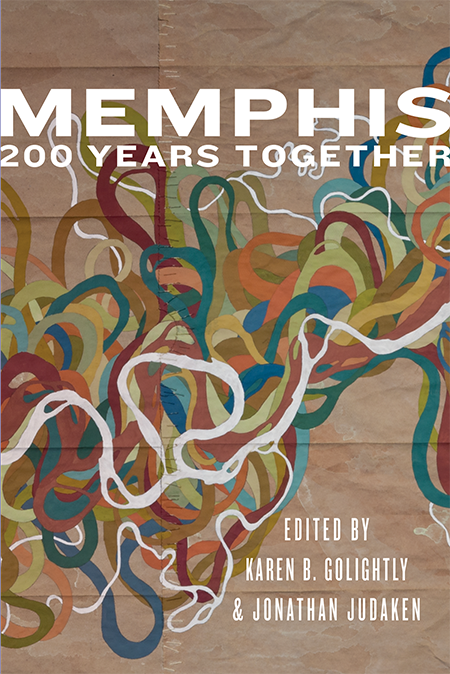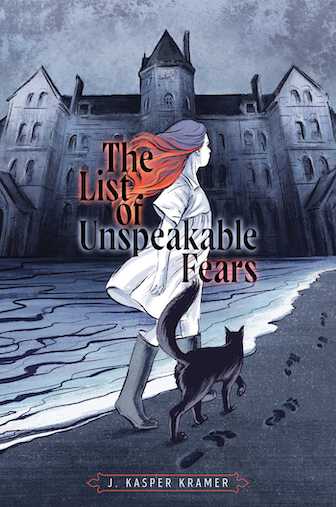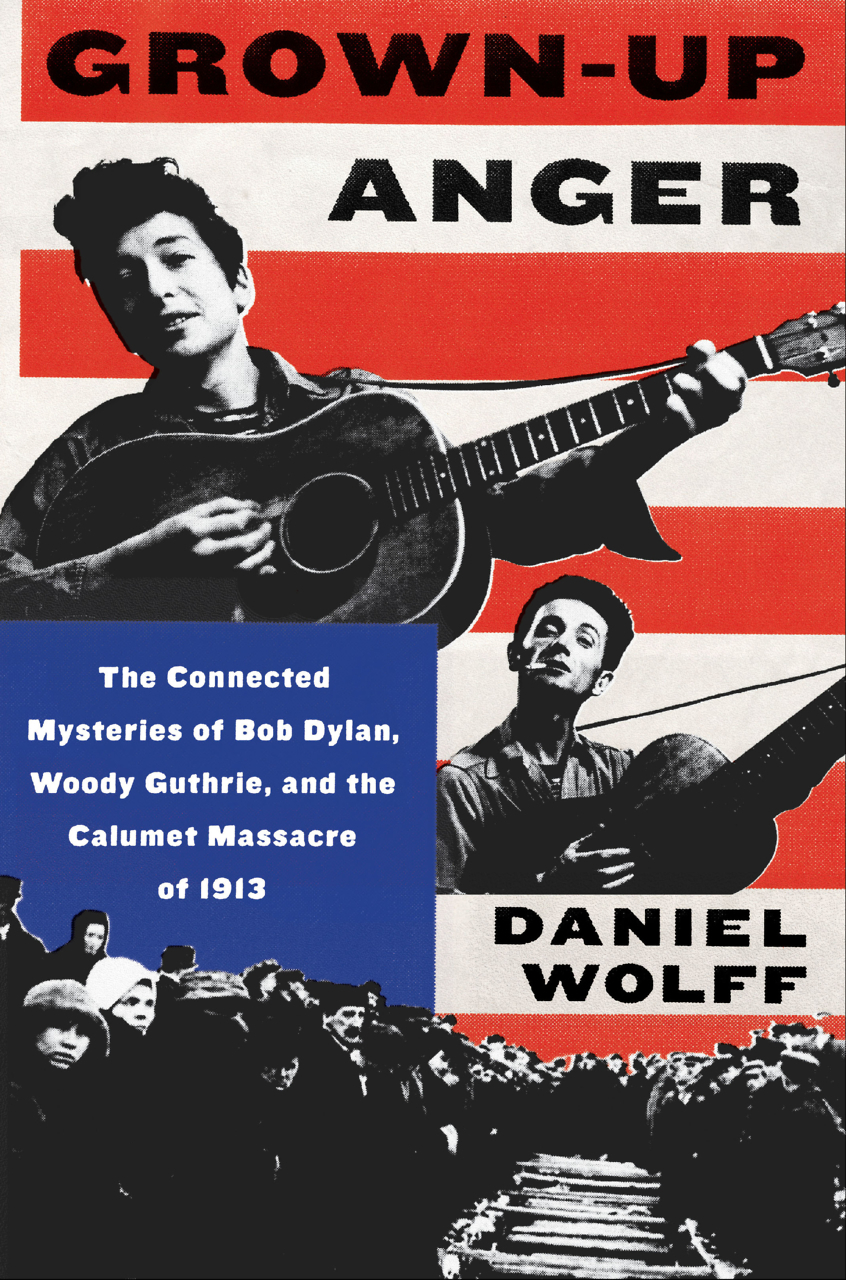From the Outskirts
An unexpected friendship lies at the heart of Ocean Vuong’s The Emperor of Gladness
In the opening chapter of Ocean Vuong’s new novel, The Emperor of Gladness, we are led deep into the mysterious landscapes of East Gladness, Connecticut. Here, Vuong intimates, layers of decaying human industry and lush vegetation reclaiming the land have fused in some complicated, indelible way.
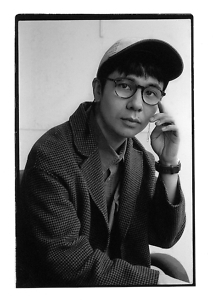
“Yes, it is beautiful here, which is why the ghosts never leave.”
Set among towns “so small you could light a cigarette as you drive in and be someplace else before you blow your first drag out the window,” East Gladness evokes the recognizable atmosphere of innumerable American Podunks while also vibrating with its own particular detail and lore. In this potent setting we meet Hai, a 19-year-old with a tenuous foothold on life. Hai stands on the edge of a bridge, about to jump, when a stranger’s voice calls out to him. This intervening stranger is Grazina, an 82-year-old woman who once fled from Stalinist Lithuania and now lives in a fading rail house by the river.
The Emperor of Gladness revolves around the unexpected intergenerational bond that develops between Hai and Grazina. Facing the early stages of dementia, Grazina offers Hai a place to live in exchange for helping her out.
Haunted by addiction and semi-estranged from his mother, Hai takes up this new chance to remake his life, getting work at a local fast-food place. There, the sub-world he finds among his co-workers gives him a new sense of connection during a time when the atmosphere of their community strains from pervasive addiction and economic decline.
Ocean Vuong occupies a unique space in American letters. He is the author two well-received poetry collections that give emotionally candid voice to queer and immigrant experiences: Night Sky with Exit Wounds (2016) and Time Is a Mother (2022). Still in his mid-30s, Vuong has won a MacArthur “Genius Grant” Fellowship and an American Book Award, and in 2019, his slender, lyrical debut novel, On Earth We’re Briefly Gorgeous, became a beloved bestseller.
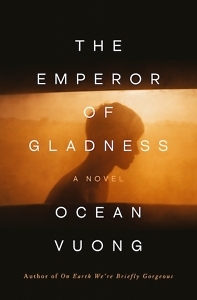 The Emperor of Gladness marks a point of ambitious expansion in Vuong’s body of work. Its scope encompasses the threat of Stalin-era Lithuanian gulags, the fallout of immigrating to America from Vietnam, the heavy toll of addiction on small New England towns, and the myriad smaller choices (good and bad) that people make as they try to keep their lives going — especially when dramatic leaps toward healing or success are not realistically attainable.
The Emperor of Gladness marks a point of ambitious expansion in Vuong’s body of work. Its scope encompasses the threat of Stalin-era Lithuanian gulags, the fallout of immigrating to America from Vietnam, the heavy toll of addiction on small New England towns, and the myriad smaller choices (good and bad) that people make as they try to keep their lives going — especially when dramatic leaps toward healing or success are not realistically attainable.
“I wondered if I could write a book that didn’t have any improvement arcs,” Vuong said in an emotionally potent New York Times interview this month. He describes working dead-end jobs and caring for loved ones at the end of their lives (including a real-life Grazina, with whom Vuong lived for two years) as circumstances that foster particular kinds of bonds defined by “kindness without hope.”
In other words, there are times when we’re in it together, just needing to get through our days as we are, and in doing so, we recognize our shared humanity. The heart of this novel lies in the dynamic between Hai and Grazina, bonded by their fraught immigrant experiences but also by the fragility of their current lives. Soon after they meet at the bridge, Hai observes this odd figure who has saved him in a way he could never have predicted: “He watched her as she prayed, this bent stub of a woman, hair matted at her temples, whose voice had earlier coaxed him back to solid ground.”
At its best, The Emperor of Gladness resonates with the quiet, highly attentive energy of lush, secretive spaces. Marginal voices of numerous kinds seem to occupy its peripheries, offering us stories that could only come from the outskirts.

Emily Choate’s fiction and essays have appeared in Mississippi Review, storySouth, Shenandoah, The Florida Review, Rappahannock Review, Atticus Review, Tupelo Quarterly, and elsewhere. She holds an M.F.A. from Sarah Lawrence College, served as one of the founding editors of Peauxdunque Review, and lives near Nashville, where she’s working on a novel.
